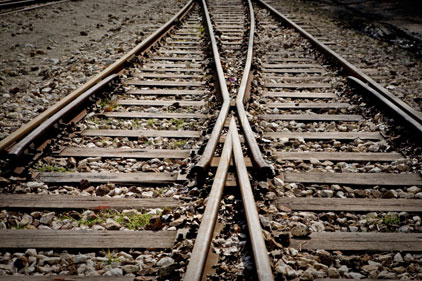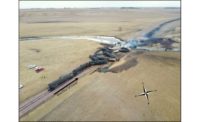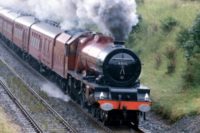NTSB says crude oil tank cars need to be safer - soon

 The National Transportation Safety Board (NTSB) has issued four urgent recommendations calling for more robust and fire-resistant rail cars to be produced to safely carry flammable liquids such as crude oil and ethanol.
The National Transportation Safety Board (NTSB) has issued four urgent recommendations calling for more robust and fire-resistant rail cars to be produced to safely carry flammable liquids such as crude oil and ethanol.
In its recommendations, the Board calls for an aggressive schedule of replacing or retrofitting the current rail car fleet with better thermal protection against heat from fires, such as through a ceramic thermal blanket, and increasing the capacity of pressure relief devices.
Putting communities at risk
“We can’t wait a decade for safer rail cars,” said NTSB Chairman Christopher A. Hart. “Crude oil rail traffic is increasing exponentially. That is why this issue is on our Most Wanted List of Safety Improvements. The industry needs to make this issue a priority and expedite the safety enhancements, otherwise, we continue to put our communities at risk.”
The Board said the current fleet of DOT-111 tank cars rupture too quickly when exposed to a pool fire caused by a derailment or other accident with resulting spillage and ignition. And based on a series of accidents the Board has investigated in recent months, performance of the industry’s enhanced rail car, the CPC-1232, is not satisfactory under these conditions.
Current requirements not enough
“The NTSB concludes that the thermal performance and pressure relief capacity of bare steel tank cars that conform to current federal and industry requirements is insufficient to prevent tank failures from pool fire thermal exposure and the resulting overpressurization,” said the letter that included the recommendations from the Board to Acting Administrator Timothy P. Butters of the Pipeline and Hazardous Materials Safety Administration.
The Board also called for swiftness in changing the fleet and called for intermediate deadlines and transparent reporting to ensure the tank car fleet is being upgraded as quickly as possible.
To view the recommendation, click on the following link:
http://www.ntsb.gov/safety/safety-recs/recletters/R-15-014-017.pdf
Looking for a reprint of this article?
From high-res PDFs to custom plaques, order your copy today!




